Amazon residents speak out about deforestation
- Published
Brazil has been battling deforestation and illegal logging for years.
After managing to drive down the rate of deforestation for four consecutive years up to 2012, recent figures suggest the forest is being destroyed at a faster pace again.
Some of the areas most severely affected are indigenous reserves in the Amazon region.
The BBC's Sarah Robbins spoke to a selection of people there about their concerns and the problems they face.

Amadeus Cinta Larga
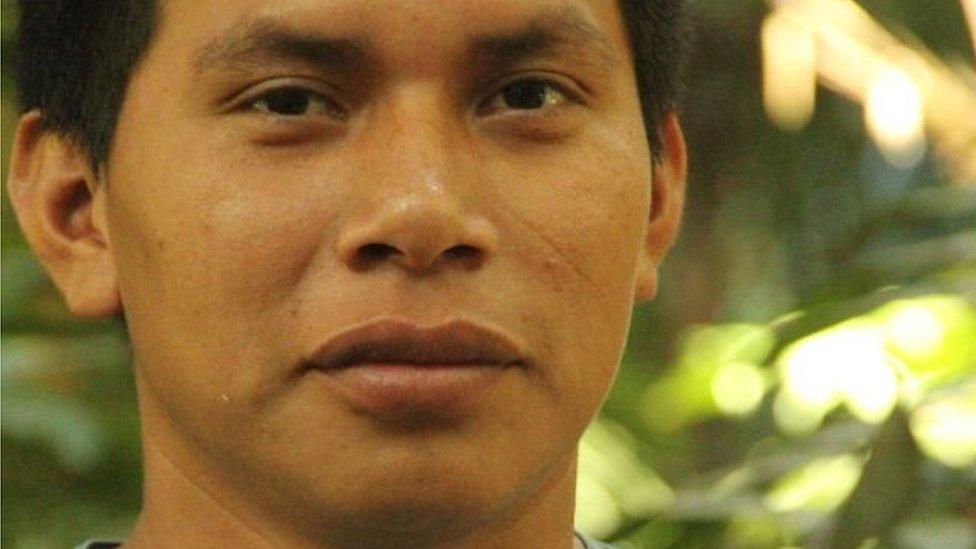
Amadeus Cinta Larga is a 25-year-old Cinta Larga tribe member who studies sustainability at the Flower of the Forest village.
"We feel like we've been forgotten. The area covered by the reserve is so big that it is tough for us to police it all ourselves.
"That's why there are still such problems with illegal logging in the reserve.
"And we can't risk our own lives, we have families, too."

Siderlei Mason
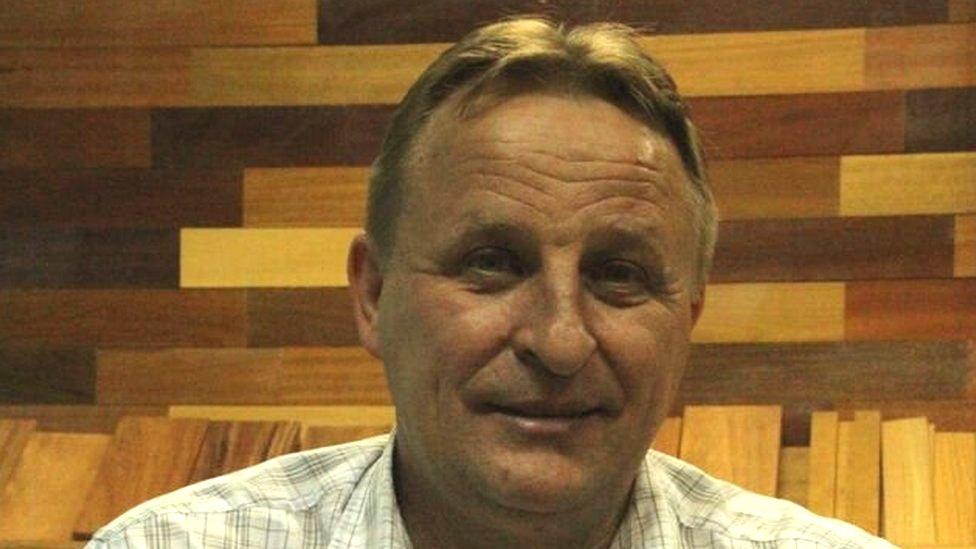
Siderlei Mason is the director of SM Timber Sawmill, the largest producer of tropical timber in Latin America.
"We work with proper certification but the outside world perceives this sector to be one that works mainly illegally.
"The forest is rich and beautiful, it benefits people here, and it is beneficial to the world. But I think it should be exploited legally.
"We in the logging sector can exploit it in a low-impact way. This is done in various places around the world.
"If the government were to give out more concessions in public forests and indigenous areas, it could create a way for people to value the forest more."

Lauriano Umbelino Martins
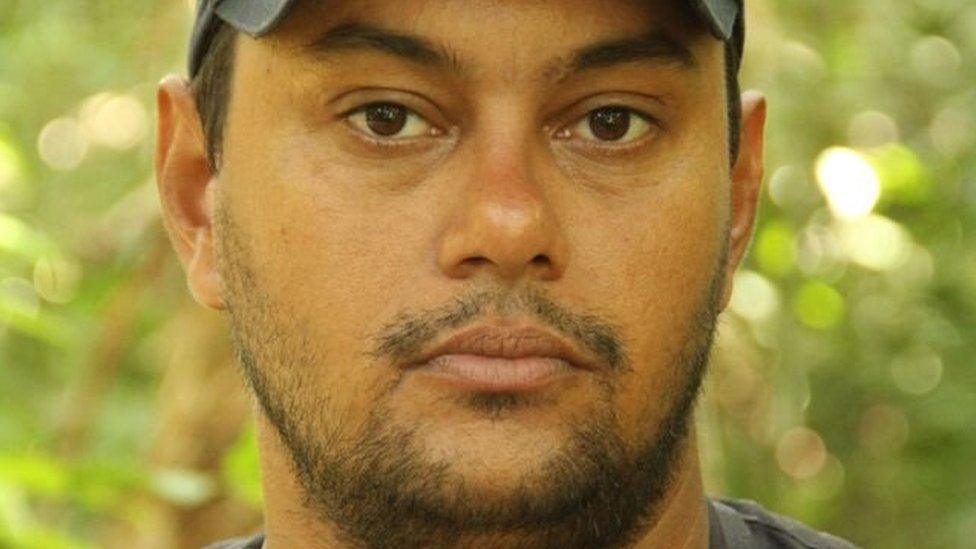
Lauriano Umbelino Martins is the representative in Matto Grosso state of Funai, the government body responsible for policies relating to Brazil's indigenous peoples.
"We don't have enough people working in this area because of budget cuts.
"I'm in charge of 11 villages but I can't monitor them all.
"There's a lot of wood theft, because of the high value of the wood in the indigenous areas.
"And even though the indigenous people know it is wrong, sometimes they help the loggers - because of their poverty.
"They need food, they need clothes or medicine, or they want a motorcycle.
"But things are getting better, with the help of Ibama [the state-funded institute responsible for environmental protection] and the National Guard and their patrols."
- Published9 July 2015
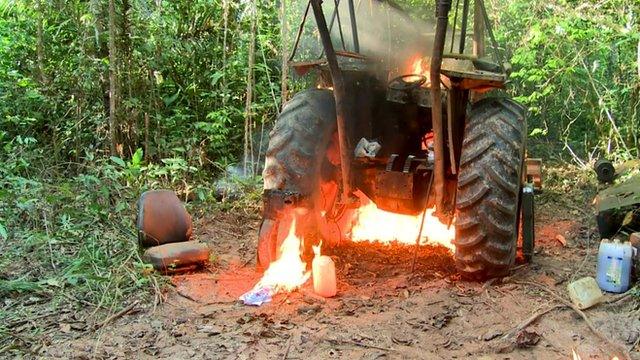
- Published9 July 2015
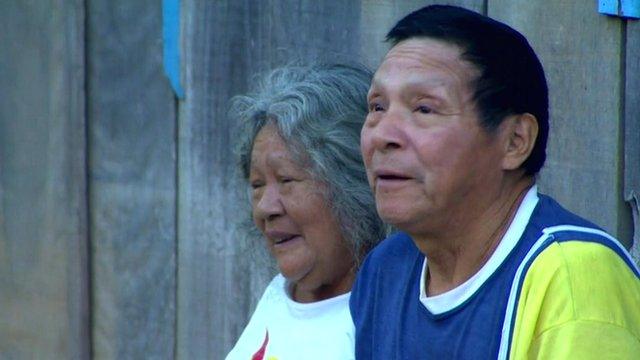
- Published9 July 2015